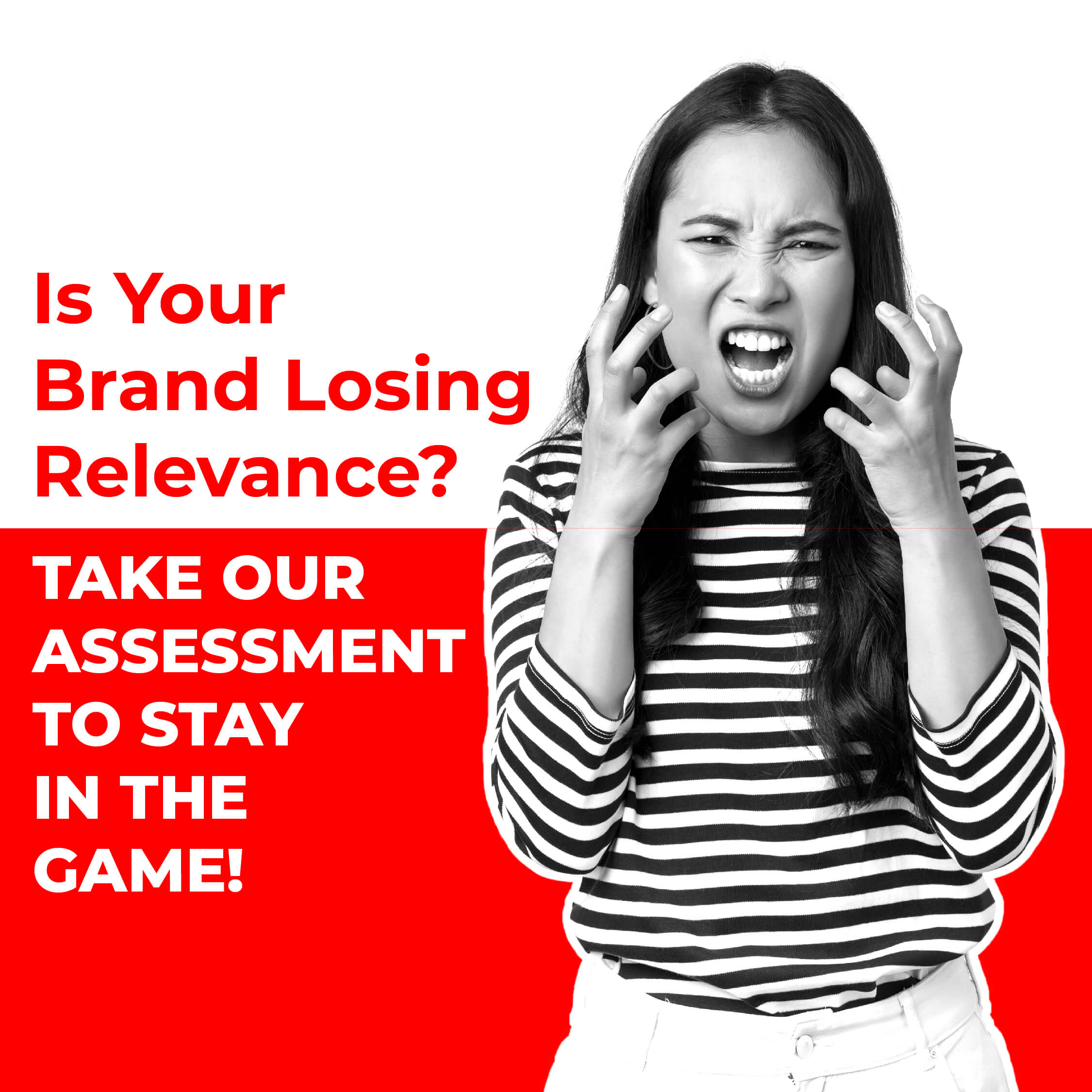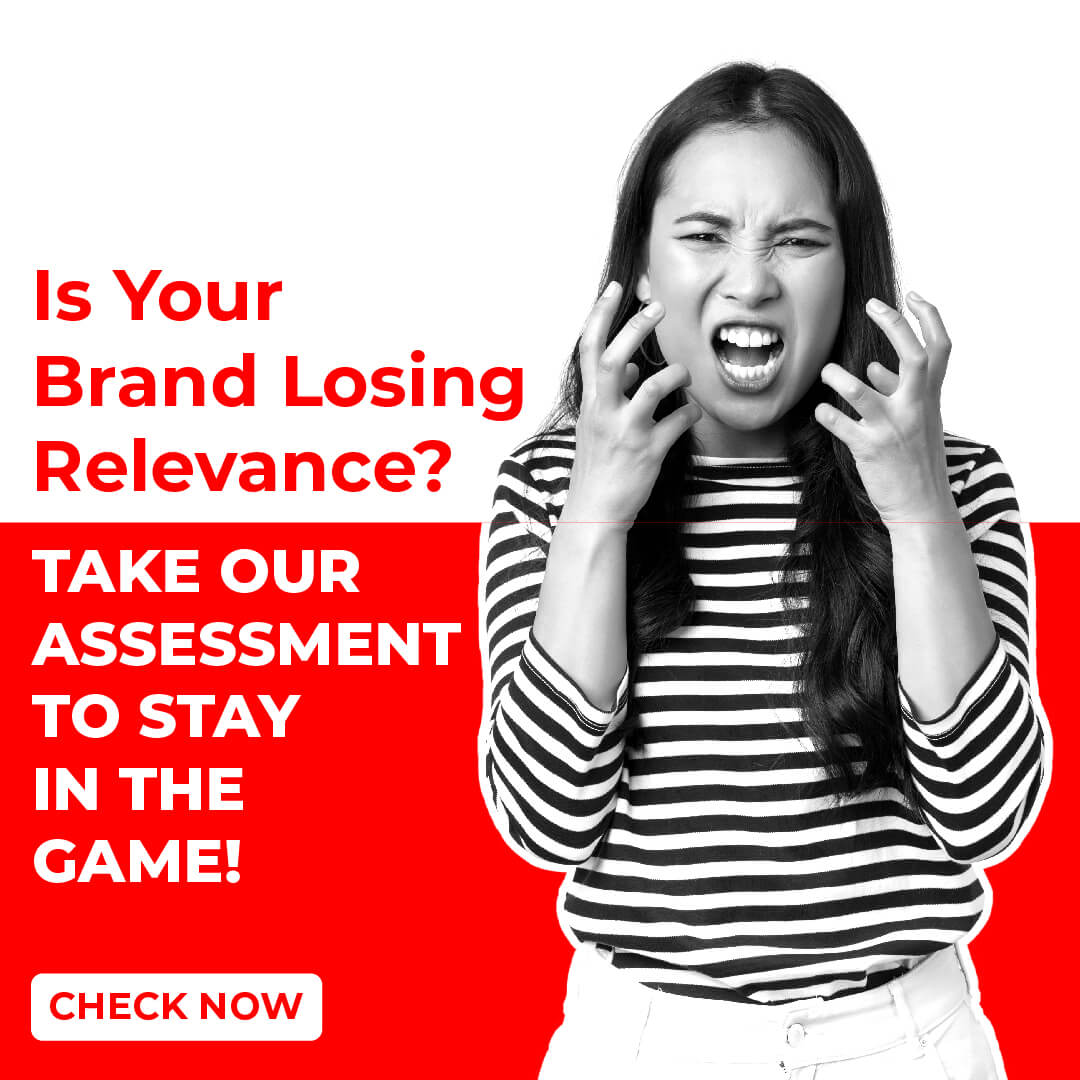
Advertising people who ignore research are as dangerous as generals who ignore decodes of enemy signals. – David Ogilvy
Ogilvy was a well known pioneer and advocate of method and research in advertising. He pioneered copy research in British advertising and his research findings are used even to this day to create the optimum advertising copy and design.
Campaigns that are built upon accurate consumer insights gained through research have a far greater chance of success that those that rely purely on inspiration and “gut feeling.”
Given below are 18 “miracles” Ogilvy thinks research can perform for the marketer, in his own words (taken from his authoritative book, Ogilvy on Advertising), along with my commentary (in italics). The methods of collecting data may change with the changing technology and media, but these fundamental benefits remain evergreen.
1. It can measure the reputation of the Company among the consumers, security analysts, government officials, newspaper editors and the academic community. Practically, any audience group that matters and needs to be communicated to.
2. Using mathematical models, research can estimate the sales of new products and the advertising expenditures required to achieve maximum profits. Since advertising is correlated to sales, scientifically estimating this correlation can help you estimating your advertising budget. Digital media is more accurate in this regard, traditional media, not so.
3. Research can get consumer reactions to a new product when it is still in the conceptual stage. This can be very valuable in saving millions of dollars in failed product launches. Rather, spend a few thousands in developing a prototype and use research to test its efficacy.
4. Once the product is ready in the market, research can tell you consumers rate it compared with other products they are now buying. If they find your product inferior, send it back to your R&D department.
5. Research can tell you what formulation, flavor, fragrance and color will appeal to most consumers. In fact proper research can unearth so much to consumer insights in this regard that it can make or break your product.
6. Research can find out which of the several package designs will sell best.
7. Research can help you decide the optimum positioning for your product.
8. Research can define your target audience. Men or women. Young or old. Rich or poor. Education. Lifestyle. Media habits.
9. It can find out what factors are most important in the purchase decision and what vocabulary consumers use when talking about your kind of product.
10. Research can determine what “line extension” is likely to sell best. After Dove carved a profitable niche in the soup market, Lever Brothers fell to wondering what other products could be marketed under the same name. Research revealed that a liquid for washing dishes stood the best chance, and it was successfully introduced.
11. Research can warn you when consumers show signs of finding an established product less desirable than it once was. Maybe they have noticed that you have been using cheaper ingredients;they usually do.
12. Research can save your time and money by “reading” your competitor’s test markets-even his cost of goods and profit margin. All the information is there to get, if you know where to find it.
13. Research can determine the most persuasive promise. “Promise large, promise is the soul of an advertisement”, said Samuel Johnson. Advertising which promises no benefit to the consumer does not sell, yet the majority of campaigns contain no promise whatsoever. Advertisements with headlines that promise a benefit are read by an average of four times more people than advertisements that don’t. This is as true now as it was in Ogilvy’s time.
14. Research can tell you which of several “premiums” will work best for your brands. Premiums are promotional giveaways. Improper research may result in you giving away something your customers don’t want or need and you end up wasting money without generating any favorable brand preference.
15. Research can tell you whether your advertising communicates what you want it to communicate.
16. Research can tell you which of the several television commercials will sell the most. We will present more of Ogilvy’s advice on pre-testing television commercials in a separate article on the subject.
17. Research can tell you how many people read your advertisements and how many remember them.
18. Research can settle arguments. It is difficult to argue based on judgments and hunches, when you have hard facts.


Post Comment